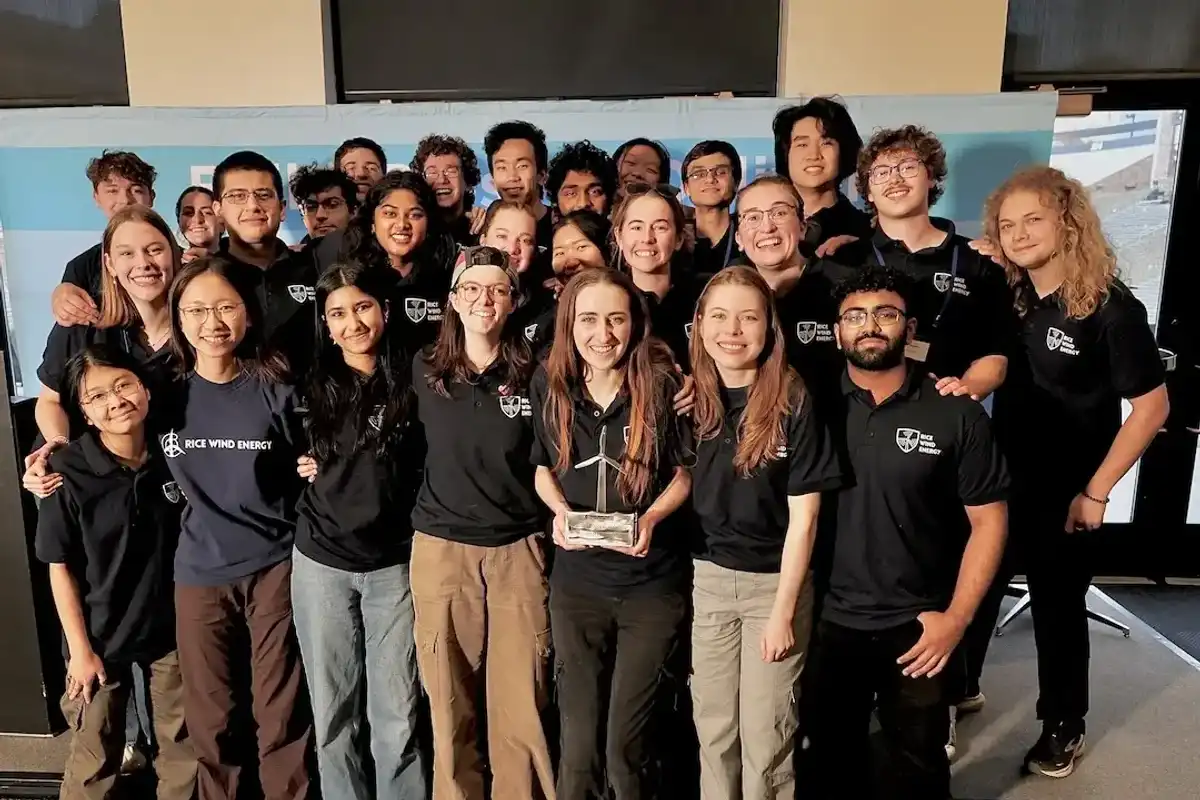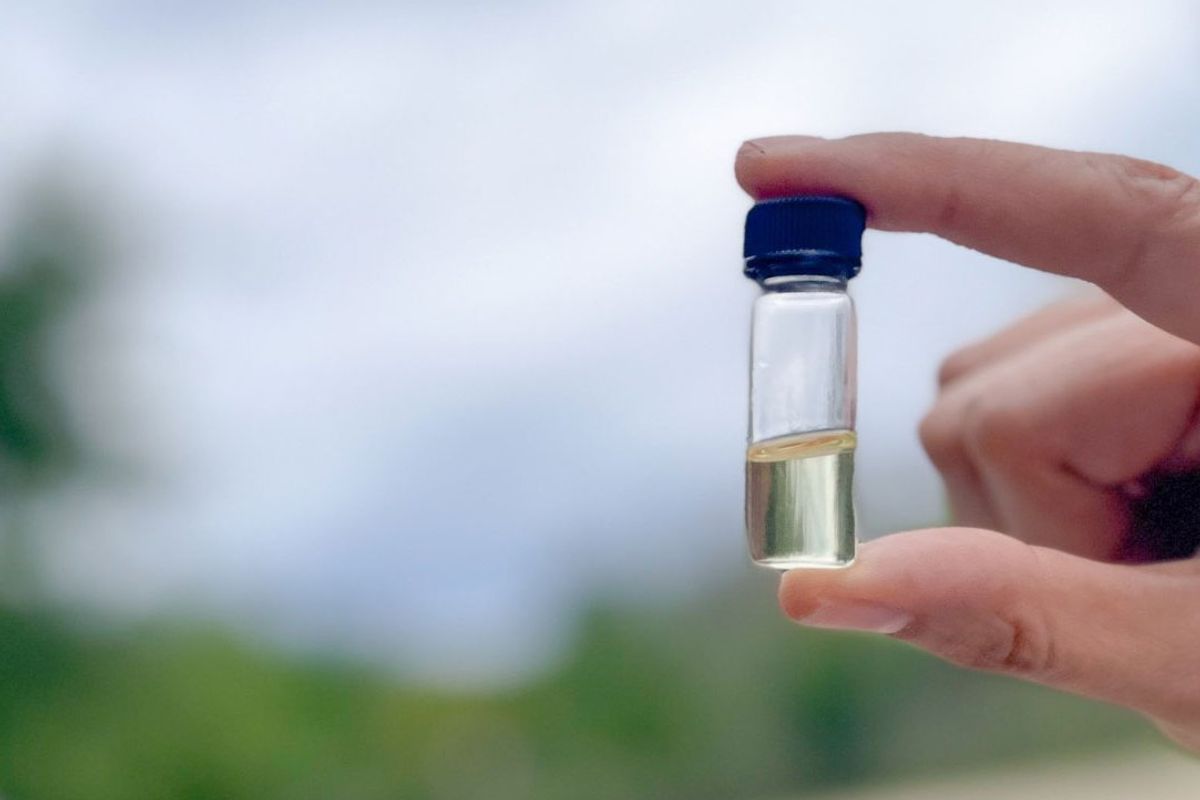Trending News
ExxonMobil tops Fortune 500 list and more Houston energy news to know
Editor's note: It's time to look back at the biggest energy transition news for the first half of June 2025. Here are the five most-read EnergyCapital stories from June 1-13:
1. Houston earns No. 3 spot among cities with most Fortune 500 headquarters

Twenty-six Houston-area companies landed on the latest Fortune 500 list. Photo via Getty Images
Houston maintained its No. 3 status this year among U.S. metro areas with the most Fortune 500 headquarters. Fortune magazine tallied 26 Fortune 500 headquarters in the Houston area, behind only the New York City area (62) and the Chicago area (30). On the Fortune 500 list for 2025, Spring-based ExxonMobil remained the highest-ranked company based in the Houston area as well as in Texas, sitting at No. 8 nationally. Continue reading.
2. Tech entrepreneur turned climate investor is on a mission to monetize carbon removal

Yao Huang is the guest on the latest episode of the Energy Tech Startups Podcast. Courtesy photo
A seasoned tech entrepreneur turned climate investor, Yao Huang brings sharp clarity to one of the biggest challenges in climate innovation: how do we fund and scale technologies that remove carbon without relying on goodwill or government subsidies? In this episode of the Energy Tech Startups Podcast, Yao sits down for a wide-ranging conversation that redefines how we think about decarbonization. Continue reading.
3. Houston students take home top prizes at DOE wind energy competition

Rice Wind Energy had a strong showing at the DOE's 2025 Collegiate Wind Competition. Photo courtesy Rice University.
The student-led Rice Wind Energy team clinched second place overall at the U.S. Department of Energy’s 2025 Collegiate Wind Competition (CWC), which challenges students nationwide to design and build wind turbines, develop wind energy projects and engage in public outreach to promote renewable energy. Continue reading.
4. Houston biotech company continues to expand in Brazil with new research partner

Cemvita has partnered with Brazilian sustainable research institution REMA. Photo courtesy of Cemvita
Houston biotech company Cemvita has announced a strategic collaboration with Brazilian sustainable research institution REMA. The move aims to promote Cemvita’s platform for evaluating and testing carbon waste streams as feedstocks for producing sustainable oil. Continue reading.
5. 6 Houston energy transition events to attend in June 2025

Meet the newest members of Greentown Labs at Transition on Tap. Photo via Greentown Labs
June has arrived, and with it come more must-attend events in the energy transition sector. Mark your calendar today for these conferences, symposiums, summits, expos, and more. Continue reading.





